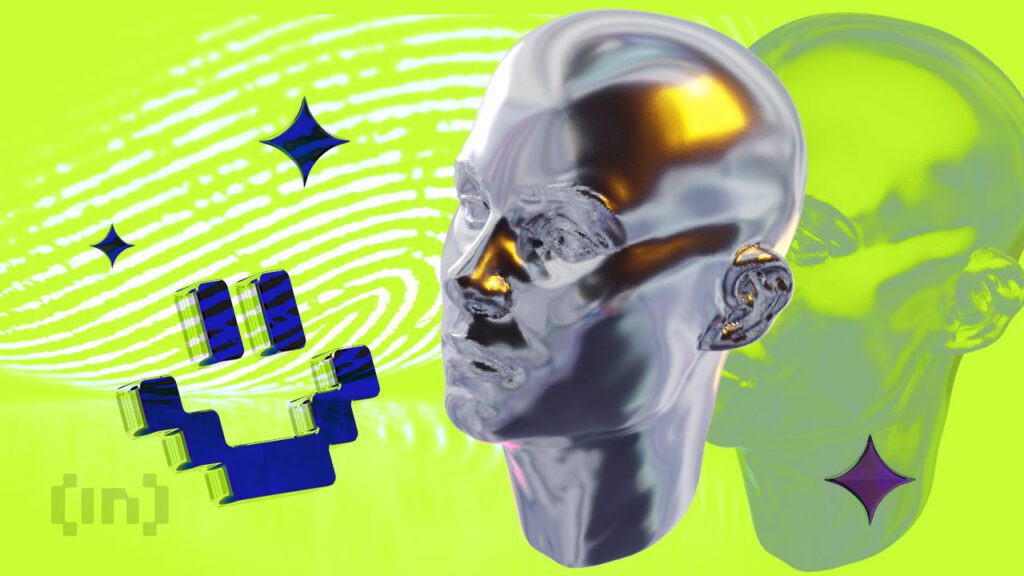Meta joins forces with fashion company L’Oréal and French college HEC Paris to support startups developing Web3 technologies, including avatar development.
Companies in augmented reality (AR), virtual reality (VR), 3D production, mixed reality, avatars, user experience portability, and the token economy can qualify for the accelerator program.
L’Oréal hopes to use Web3 tech
Applications will close on Nov. 20, 2022. The selected companies will participate in the program for the first six months of 2023. The program will take place at Station F, a prominent startup campus in Paris, where qualifying companies can access mentorship and investors. Companies do not necessarily have to be involved in the fashion industry.
“We are proud to associate ourselves with L’Oréal thanks to this ambitious project, which aims to support the French startup ecosystem that will have a key role in the building of a shared, creative and inclusive metaverse,” said Laurent Solly, a Meta vice president.
Meta and L’Oréal previously worked together to bring augmented reality technology Modiface to Instagram. The tie-up allowed Instagram users to try on makeup using Modiface’s AR technology.
While L’Oréal and Meta are not targeting fashion-centric tech startups. Still, L’Oréal still hopes to use ideas generated through the accelerator program to help its marketing efforts. Chief digital and marketing officer Asmita Dubey confirmed this.
“The benefit for us is that we can use that creativity for our DMI [international marketing direction] and brands. So, of course we will leverage that,” she said.
Fashion brands close in on digital avatar clothing
While definitions of the metaverse change depending on who you talk to, the concept of an avatar is central to most discussions. Your avatar is a 3-D visual representation of you. It forms a big part of your identity in digital worlds. It is the Web3 equivalent of a profile picture. The term “avatar” is a Sanskrit term that means “the descent of a deity from heaven,” according to venture capitalist Matthew Ball in his book “The Metaverse.” The term first appeared in a 1986 online game, Habitat, released by Lucasfilm.
According to Cathy Hackl, a world-renowned Web3 strategist, marketing in the metaverse will eventually become “direct-to-avatar.” So there is no reason to believe that fashion brands won’t target avatars with digital clothing. Accordingly, it will likely be a matter of time before people can adopt different avatar appearances. Like the real world, this will depend on whether they are attending a work meeting, watching a sporting event, or socializing.
Major brands already in
Already, major fashion houses like Gucci, Rtfkt (a digital fashion house owned by Nike), Dolce & Gabbana, Balenciaga, and Burberry are vying to be your digital clothing brand of choice. For example, Gucci tapped Roblox to showcase digital handbags, hats, and sunglasses in 2021. During the exercise, someone purchased a virtual handbag for $4,000. Meanwhile, Balenciaga, a French fashion house, chose four items to be used as avatars’ skins in Fortnite.
Right now, Meta’s Avatar store will allow you to dress your avatar with clothes from Prada and Balenciaga. Later, English soccer club Liverpool FC started offering LFC digital apparel on Meta’s store.
Early this year, Reddit launched a non-fungible token marketplace for its CryptoSnoos NFTs. Artists designed the avatars using Reddit’s avatar builder.
For Be[In]Crypto’s latest Bitcoin (BTC) analysis, click here
Disclaimer
All the information contained on our website is published in good faith and for general information purposes only. Any action the reader takes upon the information found on our website is strictly at their own risk.


